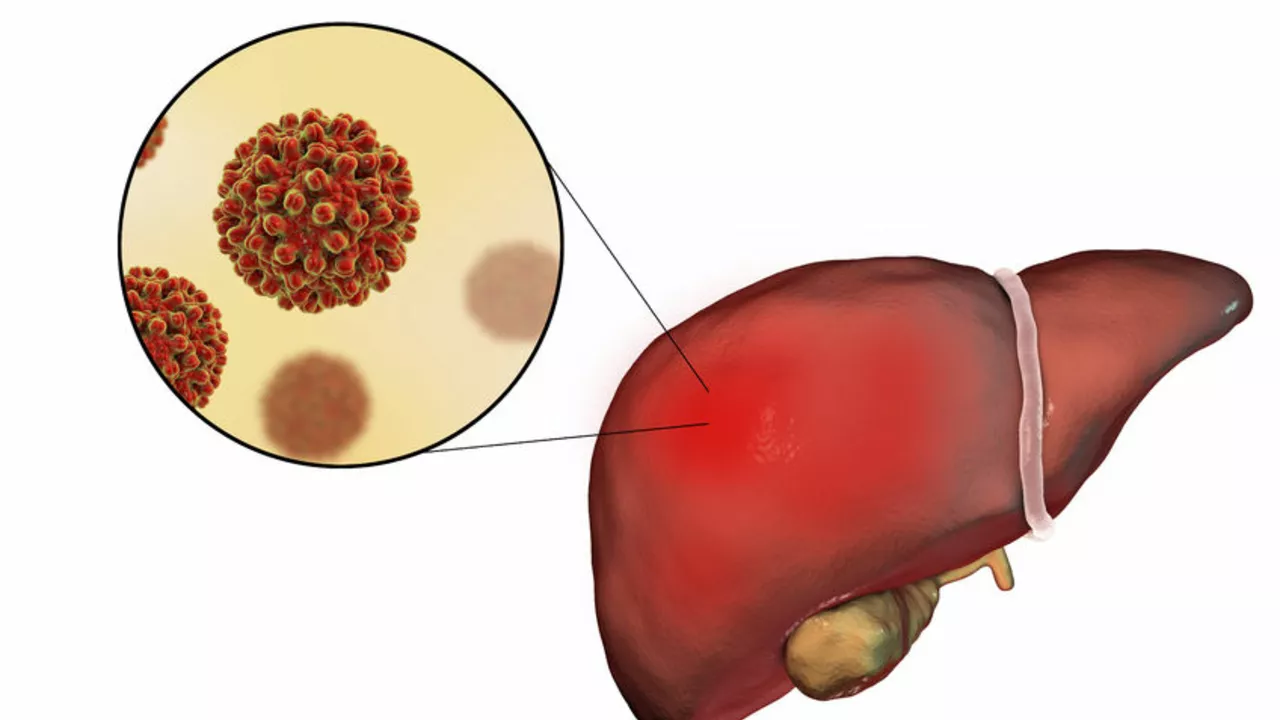Viral liver diseases: what they are and why they matter
Over 300 million people worldwide live with chronic viral hepatitis. Viral liver diseases — most often called viral hepatitis — can be sudden and short-lived or slowly damage the liver over years. Knowing how they spread, how they feel, and what to do next can make a big difference.
How viral liver diseases spread and show up
Different viruses cause liver infections: A, B, C, D and E. Hepatitis A and E usually come from contaminated food or water and cause an acute illness. Hepatitis B, C and D spread through blood or body fluids — think unprotected sex, sharing needles, or unsafe medical procedures. B and C often become chronic and can lead to scarring (cirrhosis) or liver cancer if untreated.
Symptoms range from none at all to clear signs like jaundice (yellow skin and eyes), dark urine, pale stools, tiredness, stomach pain, and nausea. Acute infections may feel like a bad flu. Chronic infections can be quiet for years while causing slow damage.
Treatment, tests, and practical steps you can take
Ask your doctor for simple blood tests if you suspect exposure or notice symptoms. Tests check liver function and look for viral markers. If a chronic virus is found, your doctor may order imaging and regular monitoring for liver scarring and cancer.
Treatment depends on the virus. Hepatitis A and E usually need only rest, fluids, and follow-up since the body clears them on its own. Hepatitis B can be managed with antiviral drugs that suppress the virus and protect the liver; some people take these for years. Hepatitis C is now curable in most cases with direct-acting antivirals — short oral courses with high cure rates. Hepatitis D is treated alongside B and may need specialist care.
Practical prevention steps you can use today:
- Get vaccinated: vaccines exist for hepatitis A and B and are safe and effective.
- Practice safer sex and avoid sharing needles or personal items that might have blood.
- Only use licensed clinics for tattoos, piercings, and medical procedures.
- Wash hands and follow food safety rules, especially when traveling to high-risk areas.
- Limit alcohol and talk to your doctor about medications that can stress the liver.
If you have a positive test or a diagnosis, connect with a liver specialist. Treatment plans are simple and effective when started early. Regular checkups, vaccines for household contacts, and healthy lifestyle changes reduce risks and protect your liver long-term.
Got more questions about diagnosis, treatments, or where to find trustworthy care? Reach out to your healthcare provider — timely action matters more than anything else.

